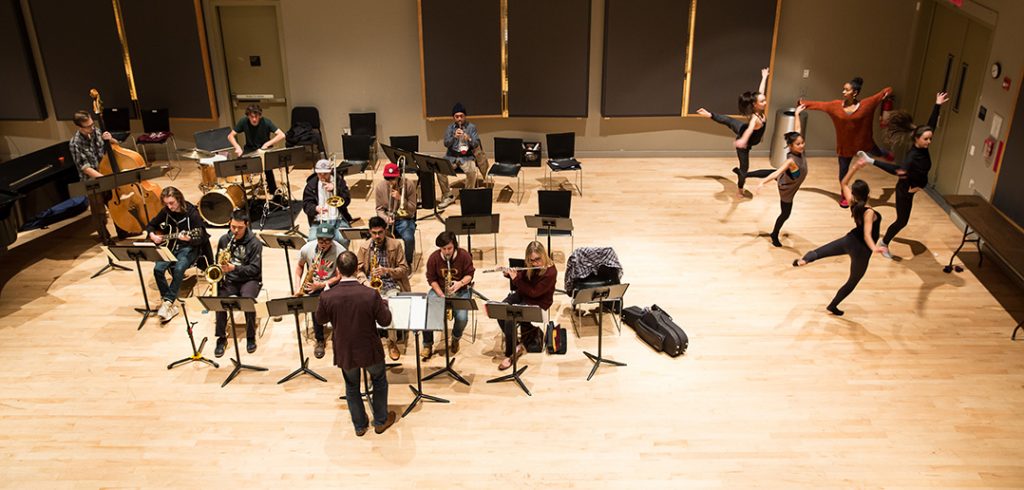For many, “knowledge of music” means having a grasp on our favorite repertoires and performers. Musicologist Lawrence Kramer, PhD, however, says it’s so much more.
 Kramer, a prizewinning composer and Distinguished Professor of English and Music, argues in his new book The Thought of Music (University of California Press, 2016) that music is not just an expressive outlet, but a legitimate mode of thinking about the world.
Kramer, a prizewinning composer and Distinguished Professor of English and Music, argues in his new book The Thought of Music (University of California Press, 2016) that music is not just an expressive outlet, but a legitimate mode of thinking about the world.
The book is the final installment in a series of three, which includes Interpreting Music (2010) and Expression and Truth: On the Music of Knowledge (2012).
“The volumes together seek to answer three fundamental questions,” Kramer said. “First, what does understanding music consist of? Second, what does understanding music tell us about the character of humanistic understanding in general? And finally, what kind of knowledge does such understanding produce?”
The Thought of Music examines how we think about music and how we think by means of music, questions that Kramer said harken back to Beethoven’s definition of music as “thinking in tones.” Beyond being a means of expression, music can function as a way of thinking about critical human issues such as memory, language, pleasure, rationality, and sexuality, which are just some of the topics addressed in the book.
Elucidating the role that music plays in human thought is particularly important for the field of musicology, the academic study of music. Through the trilogy, Kramer’s goal is to bring music—particularly classical music—into broader conversations within the humanities about ideas such as meaning, identity, society, and culture.
“In the book, the notorious fact that it is difficult to specify what music means becomes a positive force rather than a disability,” Kramer said. “Music [is an example]of the difficulties posed by humanistic knowledge—a form of knowledge that, beyond raw data collection, always involves cognitive uncertainty.”

